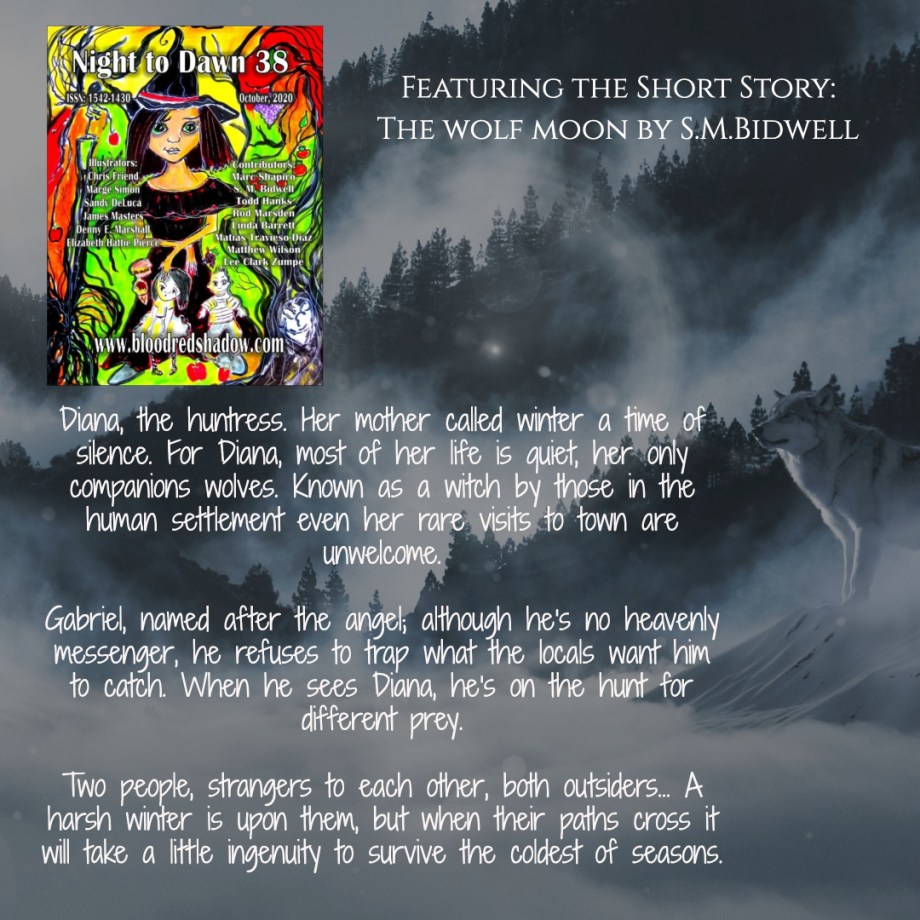Hi Everyone!
AT HOME:
A month in which I had a tooth out and because of various reasons tried Conscious Sedation, which, unfortunately, didn’t work for me. At least, I now know. It’s also the month when I realised it’s been 20 years since we had to say goodbye to our beloved dog. She may be gone, but she’s never forgotten. Like everyone else in the UK, we’ve been in a second lockdown, although in some areas, things are no different. Shops are heaving, so are markets… all of which, if they sell food, are allowed to open. The one thing I hate more than anything this year is food shopping. All the shops have their own rules. It’s been confusing. You get the shoppers that stare at a single shelf for what feels like half an hour, and others have no idea about keeping their distance. I’ve ordered a few goodies for Christmas this year to subject ourselves to the shops as little as possible.
FILM/TV:
A sci-fi horror called The Invisible Man, staring Elisabeth Moss, turned out to be interesting to watch. The 2hr film definitely flew by, as it makes the viewer question whether this woman trying to escape her abusive husband is losing her mind, or being stalked. Underwater was another surprise and possibly a bit of a treat for anyone who loves their Lovecraft and Cthulhu mythos. An added surprise was that Kristen Stewart carries herself well as the action hero in this underwater sci-fi disaster film. Motherless Brooklyn deserves a mention for Edward Norton’s performance, and the fact he also adapted Jonathan Lethem’s novel, and directed this story of a private detecting in a corrupt city. A pleasant thriller that didn’t drag along its 2hr 20 minutes.
Pleased to have at long last caught up with the last episode of Eureka. We used to tune into this sci-fi show on the SyFy channel… right until our Sky box melted several years ago. Came home one day to the smell of burning plastic… awful and a little frightening. As a glitch in Sky’s system kept insisting they couldn’t give us a box because we had one despite it being a melting lump of danger, we never renewed and so lost out on the last one and a half series. It’s taken some years, but I have to agree with what I’d heard — it’s one show that rounded off well, with a satisfying conclusion.
READING:
An English Ghost Story, Kim Newman
This story was not what I expected. When one hears mention of a ghost story, one imagines the unsettling creak of a floorboard, lights that flicker as though from faulty wiring, an escalation of scares, and spectres at every turn, not a subtle disintegration of family that’s almost a metaphor. The tale begins with the family finding the perfect home and weaves an enchanting picture of country life that’s something out of a Victorian romance, creating the perfect escape the characters seek. What isn’t so clear is they cannot escape their own flaws, weaknesses that the power within the house focuses on and brings alive to disturbing extremes. Does it work? To an extent, although I think the readership will be one who also appreciates more literary subtext and likes classic works. If looking for an easy scare, this won’t be the book. I’ve not read much of Kim Newman, particularly in recent years, but this interested me enough that I may look up some of his other titles.
Bird Box, Josh Malerman
Having watched the film after seeing mixed reviews, I was keen to read the book as I had also heard good things about Josh Malerman’s work. I didn’t react to the film as badly as some, but found the book to be a completely distinct entity with far more tension. I also like how the story’s told with two lines of chronology running throughout — a present journey undertaken by Malorie and the events that led her to that point. I see the book has as many mixed reviews as the film, but I’m not a reader who needs a big reveal. And with a revelation that could drive the main character, Malorie, mad, the question of the best outcome will always be questionable. There’s no way a writer can please every reader with this type of story, only trust the book will find its own audience. The suspense comes from Malorie’s anxiety, the act of having to fumble around not knowing if a threat stands right next to you excellently portrayed. Will Malorie find sanctuary? Will she save the children? I’ll be reading more from this author, including the sequel.
The Servants of Twilight, Dean Koontz
This chase thriller holds up to time, as readable today as when written, the fanaticism just as relevant. The bad guys walk the line of caricatures, but somehow work, as does the vivid icy landscape they are all plunged into. This perfect sentence sums up the soul of the book: “There was evil … in mankind’s fatal attraction to easy, even if irrational, answers.”
Trudi Canavan
Priestess of the White
Book 1 of the Age of the Five
Epic Fantasy once used to be my favourite genre, and books like this remind me why; the author has a strong sense of world-building. She interweaves the various characters’ lives, societies and religions in a way that makes them wholly believable. And amid all this, there’s an interesting love story. I was particularly taken with the Dreamweaver, Leiard, haunted in a possibly life-threatening way by ‘linked memories’. I have Books 2 & 3 to look forward to and hope I enjoy these equally, although I don’t feel this series is as compelling as Canavan’s ‘The Black Magician Trilogy’.
WRITING:
I finished my ‘extremely rough’ draft of a horror novel. It’s a new venture for me, but something I’ve been wanting to do for a long time, even if no one ever reads it. Naturally, I hope that won’t be the case, but it still needs a lot of work. Still, it feels great to have the framework completed. December will be a month where I write if/when/where I like, with a view of revamping some older works and producing new in 2021.
Stay happy and healthy!
Sharon x











